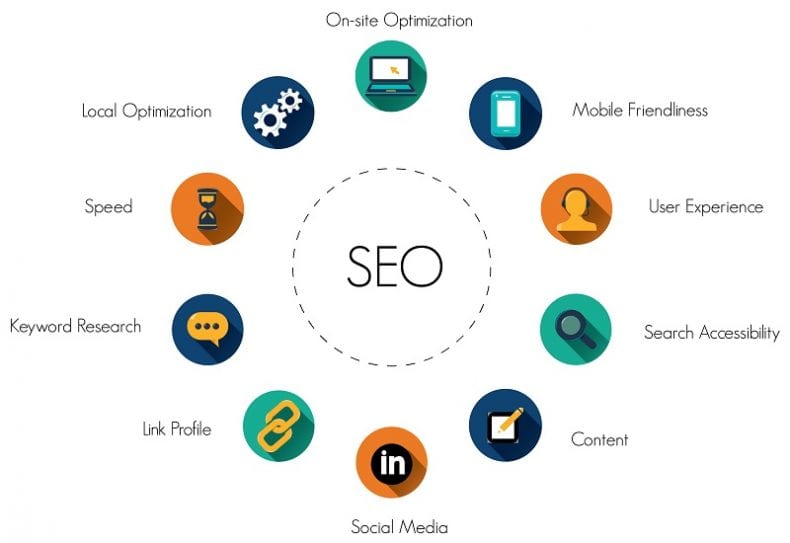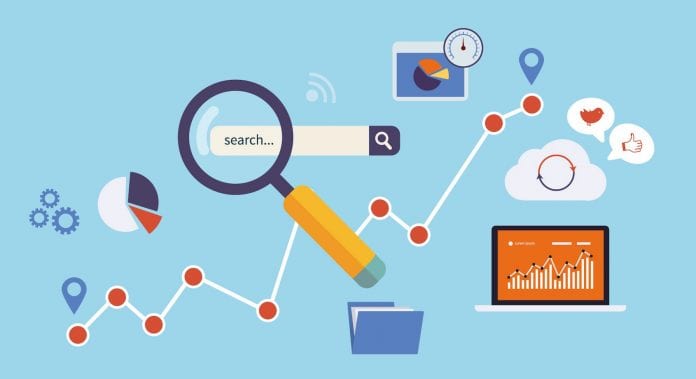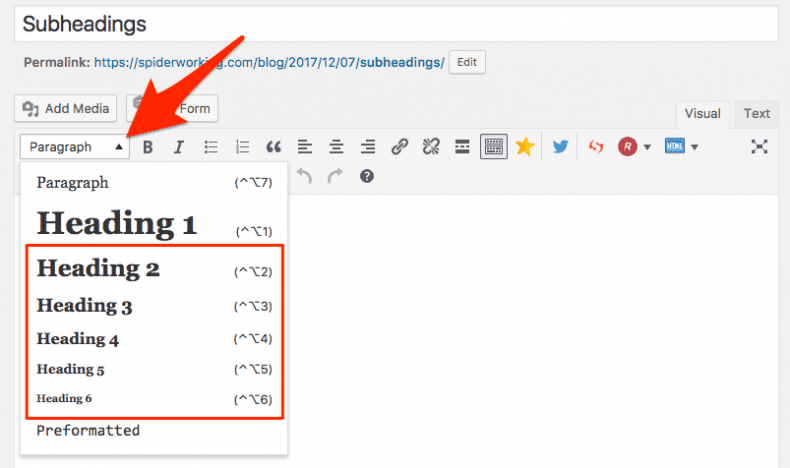Search Engine Optimization (SEO) is constantly changing, and you need to adapt to those changes if you want to be successful. It is a known fact that it can take Google algorithms a lot of time before your websites SEO has any effect on your rank, and SEO is the slowest form of marketing.
Before we dwell into how SEO can help you better rank your website, we first need to understand what SEO is.
What is SEO?
Search Engine Optimization is a marketing form that focuses on growing your website visibility through organic non-paid search results. The main focus of SEO is to better rank your website on Google and to drive organic traffic to your website.
How does SEO work?

There are a few things you have to consider if you want your website to rank higher on Google. Firstly, your website or blog should be search engine friendly and user-friendly, your website should be fast, responsive to both mobile and desktop, and your content needs to be well-researched quality, and original that will find users useful.
SEO works in a way that Google sends a crawler to your website and indexes it. If your website ticks the boxes for the above-mentioned technicalities, then the bot will crawl your site and index it faster, improving your rankings on Google and other search engines. The bot does this by giving your website a performance score, and from there SEO sends signals to Google and other search engines telling them that the website is great for indexing.
How to use SEO to your advantage?
We regularly perform SEO audit on our website. SEO audit means performing an examination test on your website or blog to get a better understanding of which parts of your website or content need changes in order to increase the chances of your blog or website’s search engine visibility.
According to experts from SEO Hobart, the listed below areas can be massive for your Google rank if optimized correctly.
URL
The URL of the blog or website needs to be well structured and optimized in order for search engines to pick up the content faster.
Headlines
Make sure that all SEO headlines and your main headline are well structured and relevant to each other. Use keywords to both in order to increase the chances of appearing on SERP.
Subheadings
Your H2 headings are just as important as your main headline. If they are well optimized than they can have a just as good effect on Google as the URL and main headline.
Images
Adding title tags and alt tags to your images can drive organic traffic through various image search engines like Google images. Make sure to always put alt and title tags to your images.
Meta title
Optimizing the meta title can be crucial as is appears in the search engine results page.
Meta description
If optimized good, the meta title and meta description can work together to help boost your ranking on Google.
Anchor text
It’s always good to have links to other blog posts or other pages of your website on your website. This is a mistake many bloggers do because if you hit the keywords rights, the crawler bots will have an easier time finding and ranking your website.










